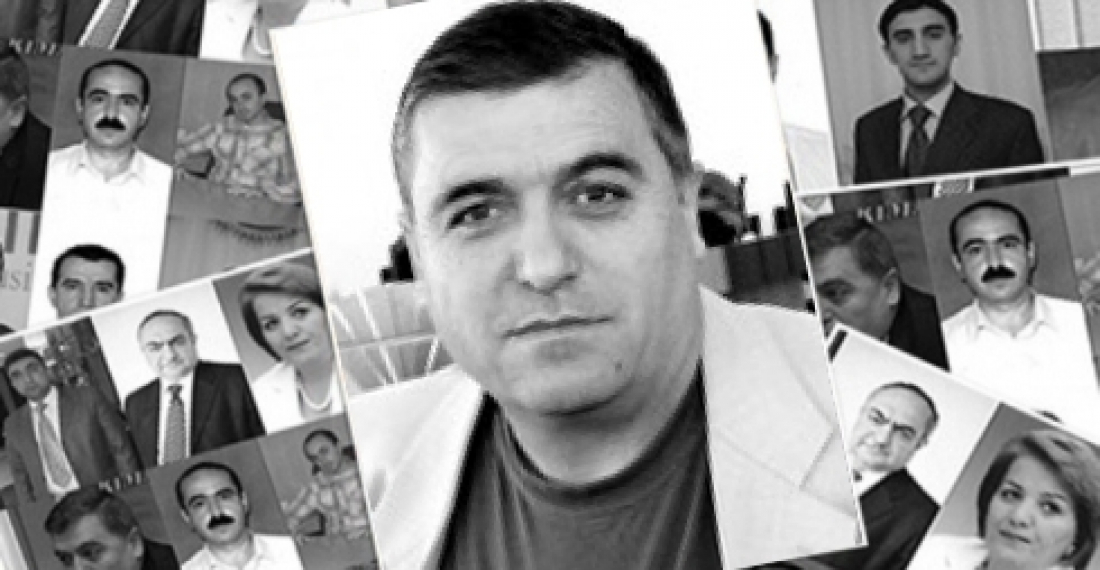"The statement made by the three presidents in Sochi is a rather restrained document. It is evidence of the fact that the affairs of the negotiating process are more serious than the expert associations of Azerbaijan, Armenia and Nagornyy Karabakh and even Russia use to say", - chairman of the permanent foreign relations commission of the NKR parliament, Vahram Atanesyan, told ArmInfo correspondent.
"May be I express an unusual idea, but one should take into consideration that before leaving for Sochi Ilham Aliyev visited Geranboy region. At first, there is nothing special in it, but we should take into account that in 1990 Supreme Soviet of Azerbaijan adopted a decision to liquidate the Armenian populated Shahumyan region and after gaining of independence by Azerbaijan, the region was given its present name - Geranboy. Incidentally, before the meeting in Sochi Ilham Aliyev visited this region where Azerbaijani troops are controlling the former Armenian region, which according to the Constitution of the NKR is within Karabakh. I think this is a symbolic event. In such a way Ilham Aliyev seemed to hint that like a supreme commander he is satisfied with the fact how the Azerbaijani army is controlling Armenian territories, just the same way as the NKR Defence Army is controlling the former Azerbaijani regions. Ilham Aliyev went to Sochi, at least at the moral and psychological level to "fix" the present status-quo...As for us, we should fix that foreign policy of Azerbaijan is being re-oriented to "constructivism", which in its turn contains a certain foreign political challenge for the NKR", - Atanesyan concluded.







